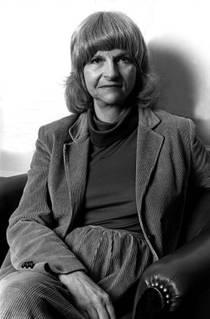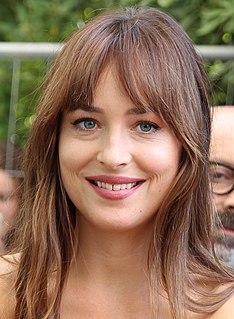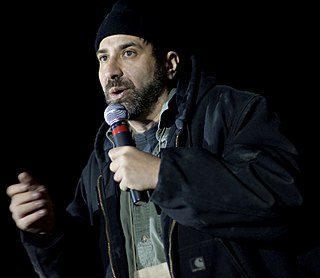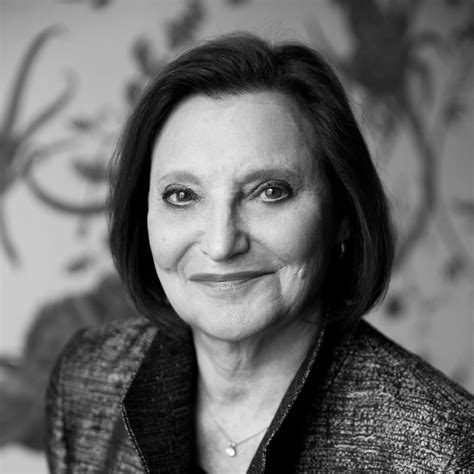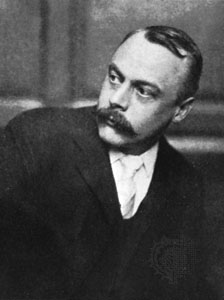A Quote by Alison Lurie
Real literature, like travel, is always a surprise.
Related Quotes
We do literature a real disservice if we reduce it to knowledge or to use, to a problem to be solved. If literature solves problems, it does so by its own inexhaustibility, and by its ultimate refusal to be applied or used, even for moral good. This refusal, indeed, is literature's most moral act. At a time when meanings are manifold, disparate, and always changing, the rich possibility of interpretation--the happy resistance of the text to ever be fully known and mastered--is one of the most exhilarating products of human culture.
Wanderlust is not a passion for travel exactly, it’s something more animal and more fickle- more like lust. We don’t lust after very many things in life. We don’t need words like ‘worklust’ or ‘homemakinglust.’ But travel? The essayist Anatole Broyard put it perfectly: ‘Travel is like adultery: one is always tempted to be unfaithful to one’s own country. To have imagination is inevitably to be dissatisfied with where you live… in our wanderlust, we are lovers looking for consummation.’
